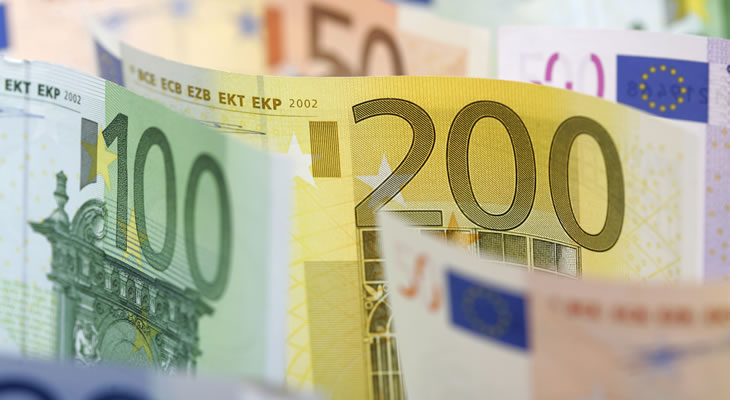Unexpectedly Weak Eurozone PMIs Fail to Boost Pound to Euro (GBP/EUR) Exchange Rate
Surprise downward revisions to April’s finalised Eurozone services and composite PMIs failed to particularly boost the Pound to Euro (GBP/EUR) exchange rate ahead of the weekend.
Although these weaker showings add to concerns that the Eurozone economy is continuing to lose momentum in the second quarter the negative impact on the Euro (EUR) was still somewhat limited.
Even so, EUR exchange rates remained under some degree of pressure thanks to the disappointing nature of March’s Eurozone retail sales data.
With signs pointing towards a loss of domestic confidence the appeal of the Euro looks set to remain muted for some time to come.
GBP/EUR Exchange Rate to Remain Muted Ahead of BoE Policy Meeting
As the UK local elections failed to deliver any particular shift in the political landscape the Pound to Euro (GBP/EUR) exchange rate remained on a weaker footing.
While Theresa May’s government took little damage from the elections, which largely maintained the status quo, this is unlikely to ease political jitters for long.
With markets still lacking clarity on what the UK’s relationship with the customs union will be after Brexit GBP exchange rates may struggle to find any particular traction in the near term.
The mood towards the Pound (GBP) is expected to remain bearish ahead of the Bank of England’s (BoE) May policy meeting, with the odds of an interest rate hike now at less than 10%.
In the wake of recent underwhelming UK growth data the BoE looks set to remain on hold for longer, to the detriment of the GBP/EUR exchange rate.
As analysts at Nomura commented:
‘At the moment the market is pricing in only around two hikes by the time of the August 2019 Inflation Report meeting. We will be watching closely whether the Governor echoes the sentiments he expressed in his BBC interview (if he does it will probably be taken as being a hawkish signal given the focus on the need for future rate hikes, rather than the dovish interpretation it rightly received last month) and also the Bank’s two-year- and three-year-ahead inflation forecasts (though beware interpreting a mechanical link to policy from these numbers).’
Pound Euro (GBP/EUR) Exchange Rate Vulnerable as Forecasts Point Towards Wider German Trade Surplus
The Pound to Euro (GBP/EUR) exchange rate could come under further pressure on the back of Tuesday’s German trade data.
With forecasts pointing towards a fresh widening of the trade surplus the Euro could find some renewed support.
Signs of resilience within the Eurozone’s powerhouse economy should give EUR exchange rates a boost, at least in the short term.
However, even if exports recover from the sharp contraction seen in February this may not be enough to prevent some jitters for the single currency.
Given the increased protectionism of the US administration any widening of the German trade surplus could fuel concerns of potential retaliation.
This may help to limit the weakness of the Pound to Euro (GBP/EUR) exchange rate, particularly if market risk appetite picks up.


Comments are closed.